“Accidents and Lost Nuclear Weapons Department of Defense Files” has been added to your cart. View cart
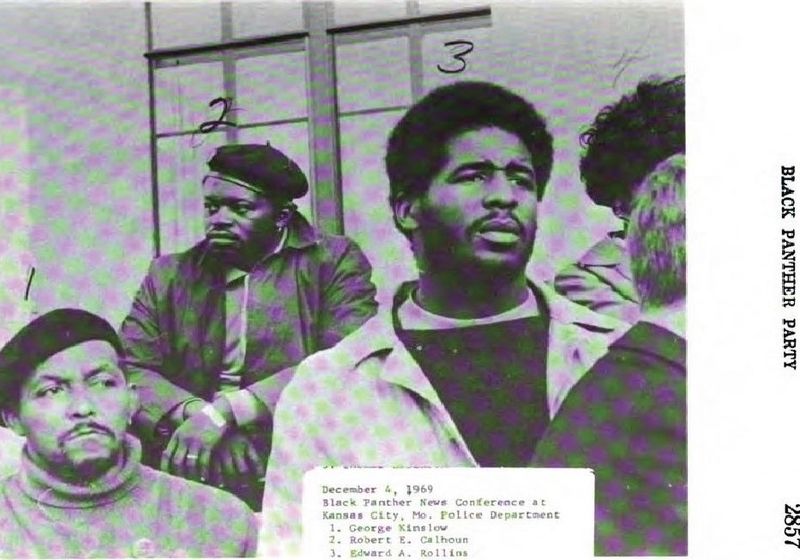
Black Panther Party: FBI Files & Government Reports
$19.50
Category: Political Files
Tags: fbi, FBI Files
Description
Black Panther Party: Origins, Ideology, and FBI Countermeasures
October 1966:
- The Black Panther Party for Self-Defense (BPP) is established in Oakland, California. It is founded by Huey P. Newton and Bobby Seale, who met at Merritt College.
- The BPP adopts a revolutionary ideology, incorporating principles of Black nationalism, socialism, and armed self-defense, specifically as a response to police brutality.
- The BPP’s philosophy synthesizes elements from the speeches of Malcolm X, the teachings of Chairman Mao Tse-Tung, the anti-colonialist perspective of Frantz Fanon, and the advocacy for armed self-defense articulated by Robert Williams.
- The BPP differentiates itself from the integrationist goals and nonviolent tactics of Dr. Martin Luther King, Jr.’s Southern Christian Leadership Conference, operating within the broader Black Power movement.
- The name “Black Panther Party” is inspired by the black panther symbol used by the Lowndes County Freedom Organization in Alabama.
1966 – 1970s (Ongoing):
- The Federal Bureau of Investigation (FBI), under the leadership of J. Edgar Hoover, considers the BPP a significant threat to national security.
- Hoover characterizes the BPP as a “hate group” and labels its leaders as “extremists” and “subversives.”
- The FBI’s Counterintelligence Program (COINTELPRO) actively targets the BPP, employing covert and illegal tactics. These tactics include infiltration, surveillance, harassment, and the use of informants to provoke internal conflicts and create divisions within the party.
- The FBI’s objective is to neutralize the BPP and prevent its efforts in Black communities, believing the BPP’s revolutionary ideology, calls for self-defense, and community-based social programs directly challenge the existing social and political order.
- The FBI’s perception of the BPP as a militant and potentially violent group is exacerbated by the BPP’s public image emphasizing armed self-defense and confrontation with law enforcement.
1970-1971:
- Black Panther Party Hearings, House Committee on Internal Security 4-Volumes are conducted, contributing to Congressional reports on the BPP.
- Gun-Barrel Politics – The Black Panther Party, 1966-1971 – Report, Ninety-Second Congress, First Session – Together with Minority Views and a Summation by Richardson Preyer is published.
- The Black Panther Party as Reflected in its Official Weekly Newspaper, The Black Panther, Black Community News Service, House Committee on Internal Security is published.
1970s (Overall):
- The FBI’s efforts to discredit and dismantle the BPP play a significant role in the party’s decline during this decade.
1973:
- Political Kidnapings, 1968-73 A Staff Study, House Committee on Internal Security is published, likely including events and analysis related to the BPP.
Cast of Characters
- Huey P. Newton:
- Co-founder of the Black Panther Party for Self-Defense in Oakland, California, in October 1966.
- Met Bobby Seale while attending Merritt College.
- One of the leaders labeled an “extremist” and “subversive” by J. Edgar Hoover.
- Bobby Seale:
- Co-founder of the Black Panther Party for Self-Defense in Oakland, California, in October 1966.
- Met Huey P. Newton while attending Merritt College.
- One of the leaders labeled an “extremist” and “subversive” by J. Edgar Hoover.
- J. Edgar Hoover:
- Director of the Federal Bureau of Investigation (FBI) during the Black Panther Party’s existence.
- Held a highly critical view of the BPP, considering it a significant threat to national security.
- Characterized the BPP as a “hate group” and its leaders as “extremists” and “subversives.”
- Led the FBI’s COINTELPRO efforts to disrupt and dismantle the BPP through various covert and illegal tactics.
- Dr. Martin Luther King, Jr.:
- Leader of the Southern Christian Leadership Conference (SCLC).
- Represented an integrationist goal and advocated for nonviolent protest tactics, a philosophy from which the BPP diverged.
- Malcolm X:
- An influential figure whose speeches contributed to the intellectual and ideological influences on the BPP’s philosophy.
- Chairman Mao Tse-Tung:
- A key figure whose teachings contributed to the intellectual and ideological influences on the BPP’s philosophy.
- Frantz Fanon:
- An anti-colonialist thinker whose perspective contributed to the intellectual and ideological influences on the BPP’s philosophy.
- Robert Williams:
- An advocate for armed self-defense whose articulation of this principle contributed to the intellectual and ideological influences on the BPP’s philosophy.
- Richardson Preyer:
- Mentioned in connection with the “Gun-Barrel Politics” report (1971) as providing “Minority Views and a Summation.” Likely a member of Congress involved in the relevant committees.














Related products
-
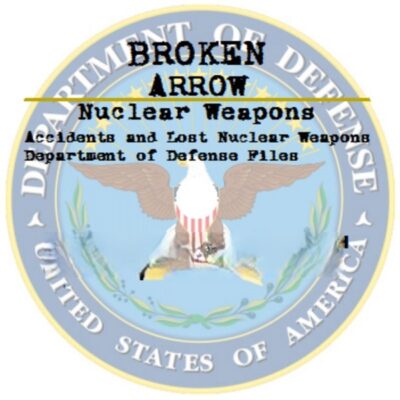
Accidents and Lost Nuclear Weapons Department of Defense Files
$19.50 Add to Cart -
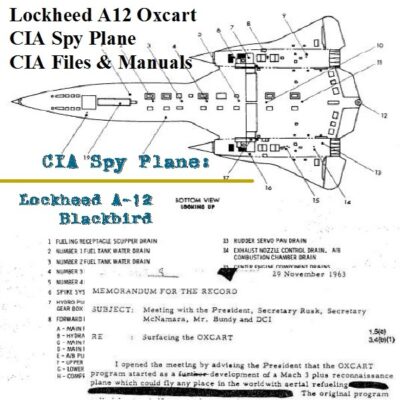

A12 CIA Spy Plane: Lockheed Blackbird Project Oxcart Files
$19.50 Add to Cart -
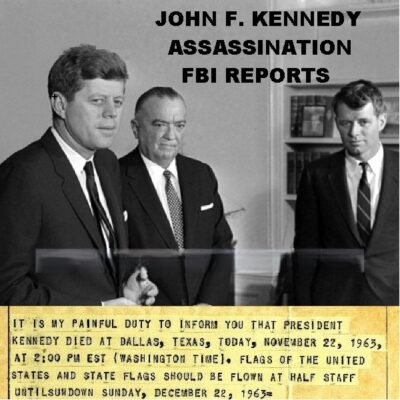
John F. Kennedy Assassination FBI Reports
$19.50 Add to Cart -
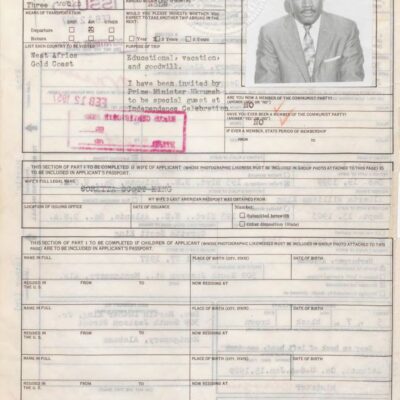
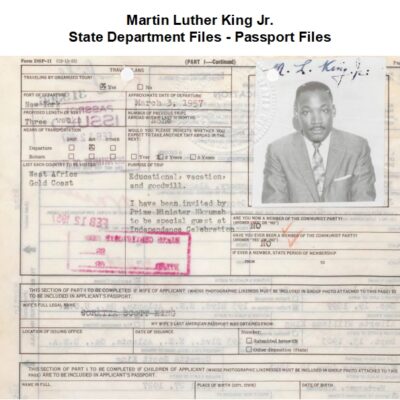
Martin Luther King Jr. State Department Records – Passport Files
$3.94 Add to Cart